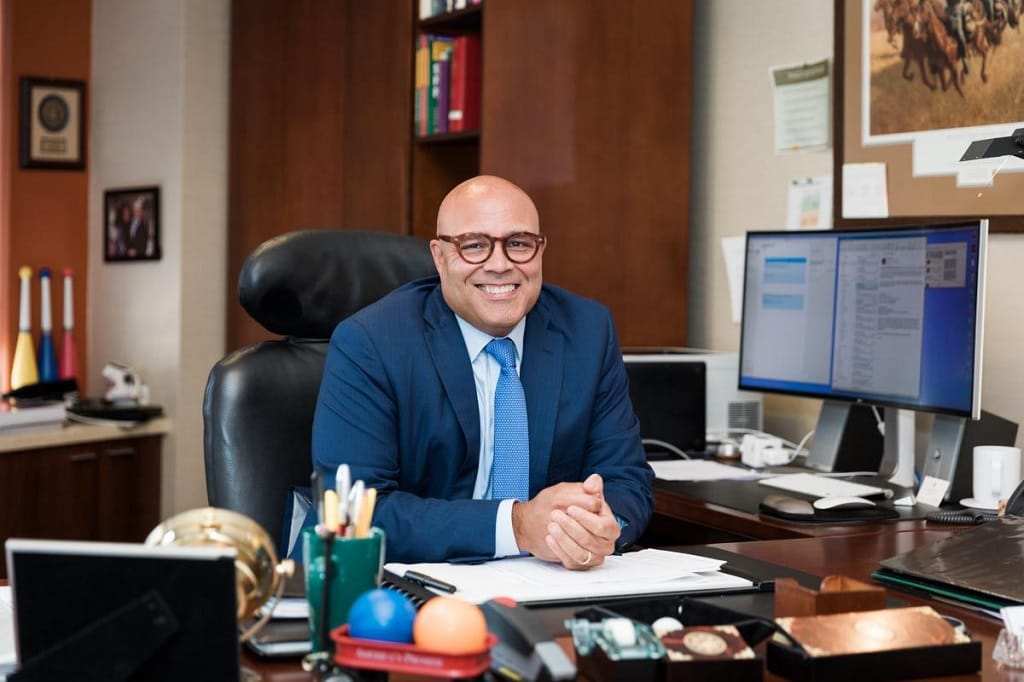Cable Group NCTA Says Deny Exclusive Multitenant Access, But Not Wiring, Agreements
NCTA said the FCC should deny exclusive access to these buildings, but not exclusive wiring agreements.
Ahmad Hathout

WASHINGTON, September 8, 2021 – The internet and television association NCTA is suggesting that the Federal Communications Commission deny all broadband providers exclusive access to multitenant buildings, but to continue allowing exclusive wiring agreements.
On Tuesday, the FCC opened a new round of comments into its examination of competitive broadband options for residents of apartments, multi-tenant and office buildings.
In a Tuesday ex parte notice to the commission, which follows a formal meeting with agency staff on September 2, the NCTA said the record shows that deployment, competition, and consumer choice in multiple tenant environments “are strong,” and that the FCC can “promote even greater deployment and competition by prohibiting not just cable operators, other covered [multiple video programming distributors], and telecommunications carriers, but all broadband providers from entering into MTE exclusive access agreements.
The organization, whose member companies include Comcast, Cox Communications and Charter Communications, also said it should continue to allow providers to enter into exclusive wiring agreements with MTE owners. Wiring just means that the provider can lay down its cables, like fiber, to connect residents.
“Exclusive wiring agreements do not deny new entrants access to MTEs. Rather, exclusive wiring agreements are pro-competitive and help ensure that state-of-the-art wiring will be deployed in MTEs to the benefit of consumers.”
The NCTA also told the FCC that there would be technical problems with simultaneous sharing of building wires by different providers and vouched for exclusive marketing arrangements, according to the notice.
The FCC’s new round of comments comes after a bill, introduced on July 30 by Rep. Yvette Clarke, D-New York, outlined plans to address exclusivity agreements between residential units and service providers, which sees providers lock out other carriers from buildings and leaving residents with only one option for internet.
Reached for comment on the filing, a spokesman for NCTA said they had nothing to add to the filing, which was signed by Mary Beth Murphy, deputy general counsel to the cable organization.









Member discussion